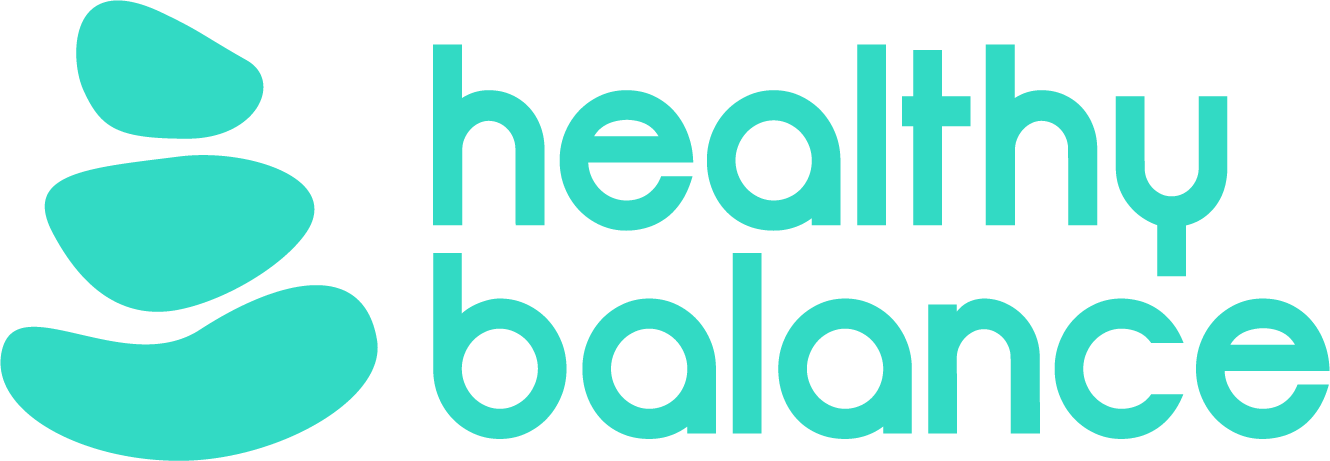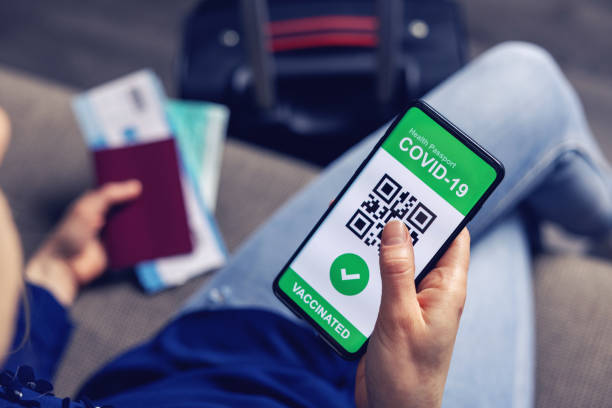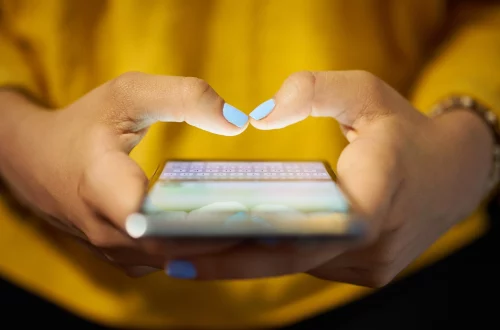Coronavirus has broken out for three years. But it has left an impact on our lives and we are still fighting to protect ourselves from this disease. Steps have been taken to prevent its spread. For the said purpose, different countries’ governing bodies and legal entities have imposed certain restrictions to ensure safety. For instance, social distancing is practised to promote contactless interaction as this disease demonstrates symptoms when two people are at a distance of less than 5-6 feet.
Table of Contents
Corona Virus Certificate and Passport, What’s the difference?
A coronavirus certificate is an attested document that certifies that the certificate holder has attained the required level of immunity to fight against this virus. It also verify covid certificate of the person whether it’s fake or original. It allows the holder to go in gatherings and at public places with the liberty of not being held questionable.
On the other hand, a vaccine passport is a document that is granted to an individual digitally. It also certifies the immunity of a user but it also allows a person to travel across the border whenever needed. These certificates are not restricted to any type of vaccine. They are applicable to every vaccine the user is given.
Safety Concerns associated with Covid Certificate Verification
The certification process for COVID 19 has provided ease in daily life but at the same time, it has promoted false activities in this regard. Many people are reported to take leverage of this process is performed digitally. They are indulged in bypassing the process by acquiring deep knowledge about this digital process of verification. These ill-mannered practices have alarmed the digital rights advocates who are raising questions about data breaches and violations of security.
Absence of a Global Framework to Verify the COVID Certificate
One pitfall in the regulatory process for verification is that there is no one framework designed to deploy the rules for the prevention of COVID-related problems. In the past years, WHO had taken an initiative to design a global framework of trust to strengthen coherence in the rules and regulations for this disease. But later guidelines were disseminated in accordance with the country’s practices separately. This raises concerns about not developing a standard set of rules to be followed by everyone. So that safety could be assured with maximum possibility instead of testing different strategies.
Changes in Policy Every Now and Then
The policymaking process across borders is subjected to change after a short span of time. This not only disturbs a country’s operations but also makes it difficult to be processed smoothly across borders. Rapid changes do not allow the border systems to verify the variation and it gives an edge to fraudsters to surpass the process illegally. It recommended that policy changes across the regions should be duly communicated in time. It not only improves the country’s image but also fosters healthy relationships among entities.
COVID Forgery Rings
The negligence that is prevailing on a global level has not only given the freedom to low-level fraudsters but also, fake businesses have started to emerge in the name of selling and manufacturing so-called vaccines and other relevant products just like the cases of South Africa where people were given fake vaccines on checkpoints
Human Exploitation for COVID Vaccination
The restriction of health services being given to only those who possess verified COVID certificates. It has created an environment of inequality on a large scale. Russia is granting permission to avail of these services to only those who have been vaccinated. This inequality has given rise to crime. It has led the people to seek illegal means to acquire the status of having verified certification.
Strengthening the COVID Verification through Blockchain Technology
Blockchain technology has helped to develop a QR code that prevents yellow card fraud. It is a secure medium to counter the rising criminal activities in the verification process. However, it is observed that the generalized impact of this technology is yet to happen as not every country has the resources to design such QR codes for each and every individual in the country.
Building Sound Mechanism for Verification through E-passport
E-passports could be a useful method to fortify the verification process. The addition of electronic features in COVID passports like keeping the information of verification status will stop people from acquiring fake documents and passport covid certificates. This measure is not the best solution though but at this point in time for developing countries, it will prove to be a cost-efficient and effective tool for increasing security.
Final Thoughts
The emergence of a pandemic demands the need for improved safety measures to combat the rising fraudulent activities in society in this regard. Passport Covid verification can be made safe through the incorporation of Smart technologies accompanied by strategies that ensure sustainable safety. Only then, fraudsters and criminals will step back from fulfilling their sick money-making intentions.






